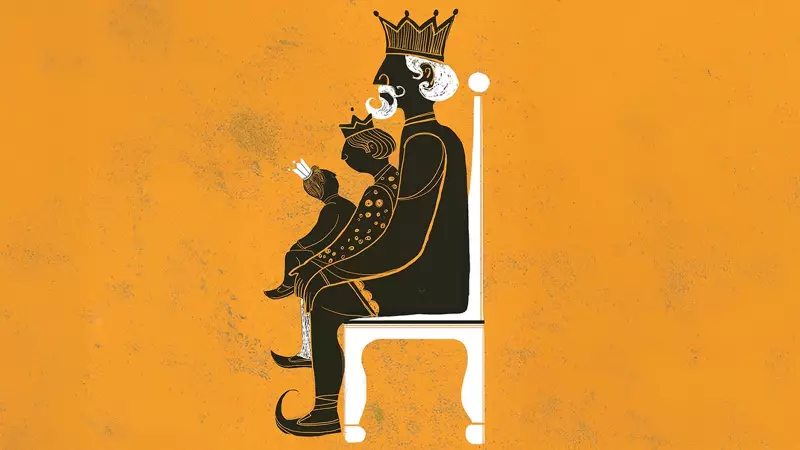
In a significant shift from traditional political norms, Indian parties are increasingly turning to 'political parachutists' - high-profile outsiders with celebrity status or professional expertise who are dropped into constituencies with little local connection. This emerging trend represents a fascinating evolution in the country's electoral landscape.
The New Political Playbook
Gone are the days when political lineage and grassroots connections were the primary tickets to electoral success. Today, parties across the spectrum are embracing candidates who bring instant recognition and perceived credibility, even if they lack traditional political backgrounds.
This strategy has seen film stars, sports icons, retired bureaucrats, and military officers being fielded in constituencies they may have never visited before their candidacy. The appeal lies in their ability to capture public imagination and media attention instantly.
Beyond the Usual Suspects
While political dynasties continue to hold sway in many regions, the parachutist phenomenon demonstrates that parties are willing to look beyond established political families. This trend cuts across party lines, with both national and regional parties adopting this approach.
The rationale is clear: these candidates bring fresh perspectives, professional credibility, and mass appeal that can sometimes trump local political experience. They represent a calculated risk that parties are increasingly willing to take.
Why Parachutists Are Landing Everywhere
- Media Magnetism: Celebrity candidates naturally attract extensive media coverage, reducing campaign costs and increasing visibility
- Anti-incumbency Advantage: Outsiders can position themselves as alternatives to established political families
- Professional Credibility: Experts from various fields bring specialized knowledge to governance discussions
- Youth Appeal: Many parachutists connect better with younger, urban voters
The Double-Edged Sword
However, this strategy comes with significant challenges. Local party workers often resent outsiders being imposed on them, and voters may question the candidate's commitment to their concerns. The lack of grassroots connection can become a major liability during close contests.
Moreover, when these high-profile candidates lose, it can damage both their personal reputation and the party's strategic credibility. The phenomenon raises important questions about whether celebrity status can truly substitute for political experience and local connect.
Changing Face of Indian Democracy
The rise of political parachutists reflects the evolving nature of Indian democracy. As voters become more diverse in their expectations and media plays an increasingly important role in shaping political narratives, parties are adapting their candidate selection strategies accordingly.
This trend suggests that Indian politics is becoming more meritocratic and performance-oriented, though it remains to be seen whether this represents a permanent shift or merely an experimental phase in the country's political evolution.
What's clear is that the traditional pathways to political power are being redefined, creating new opportunities while raising fresh questions about representation and accountability in the world's largest democracy.






